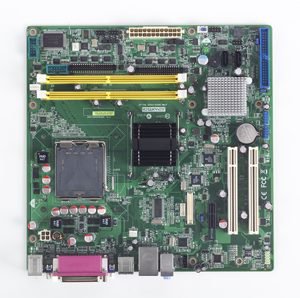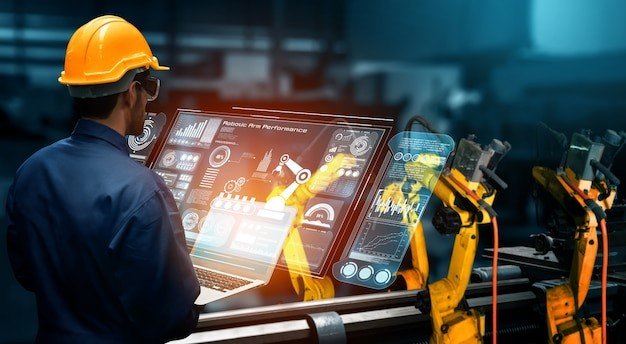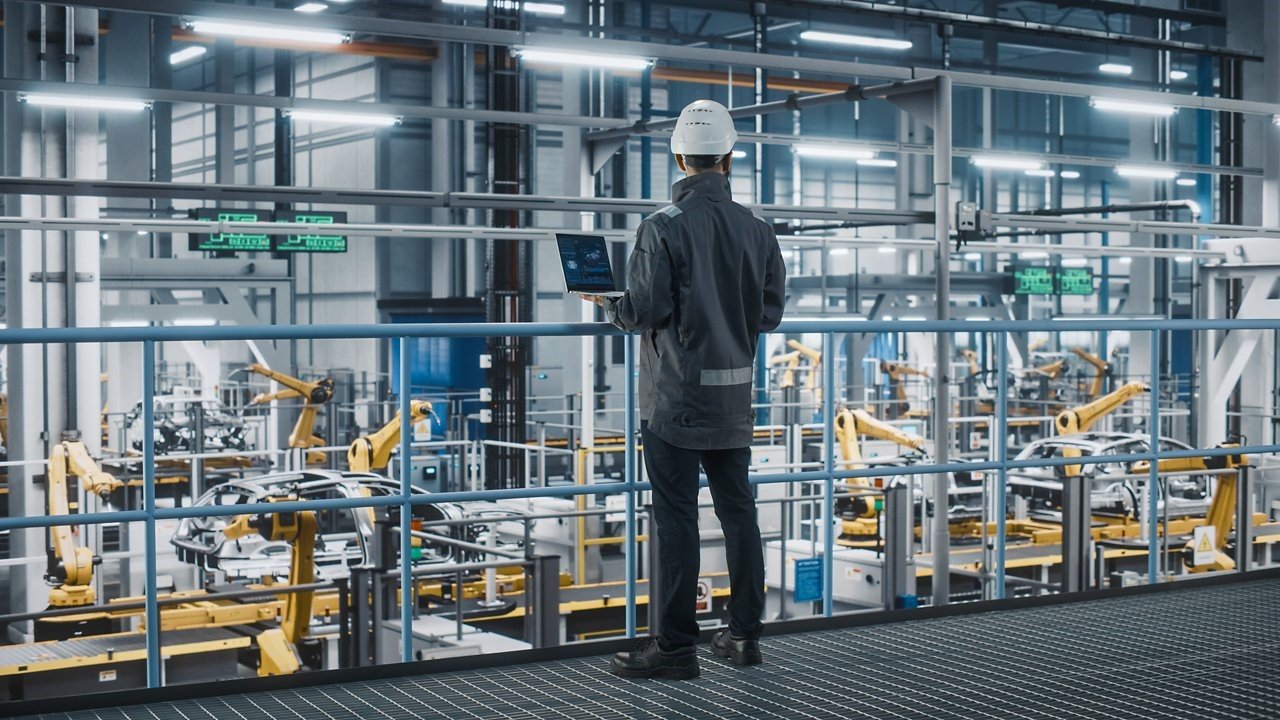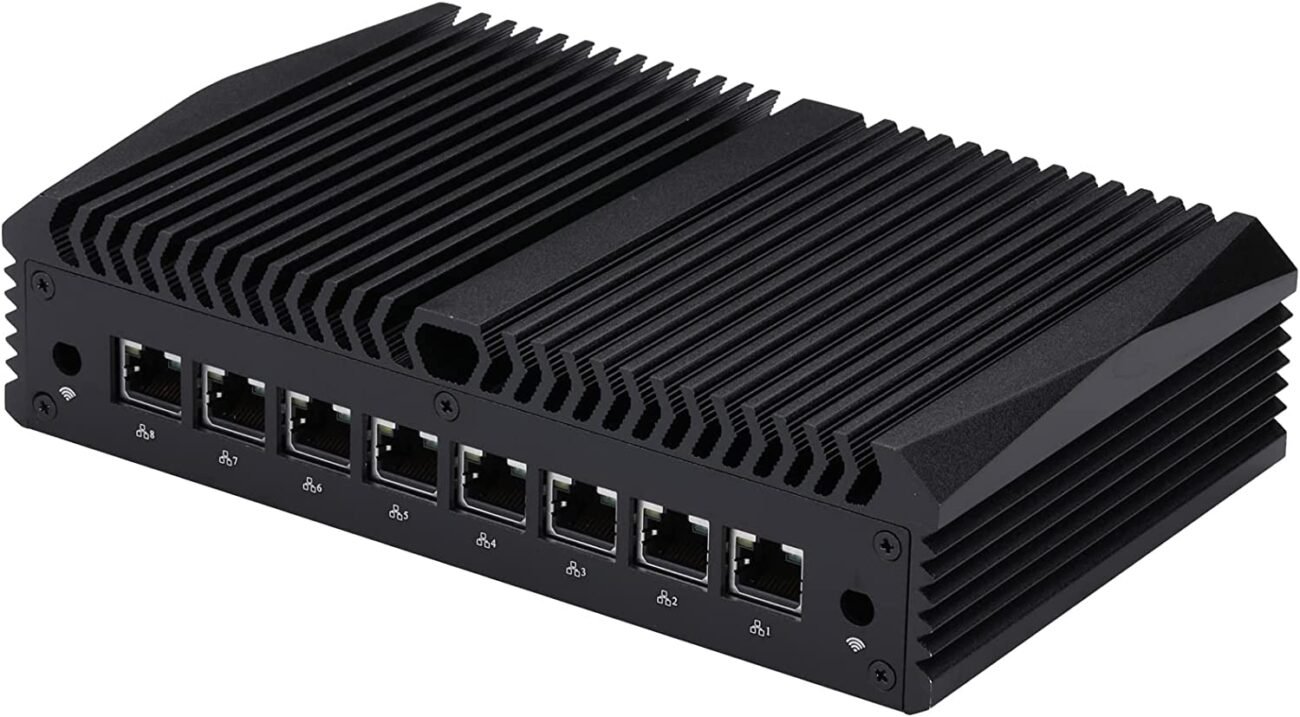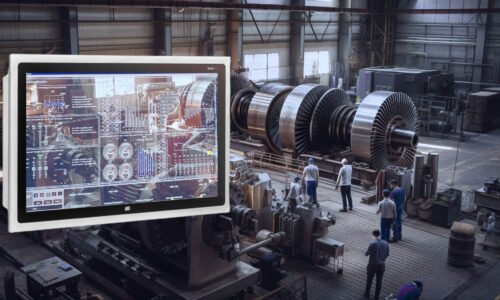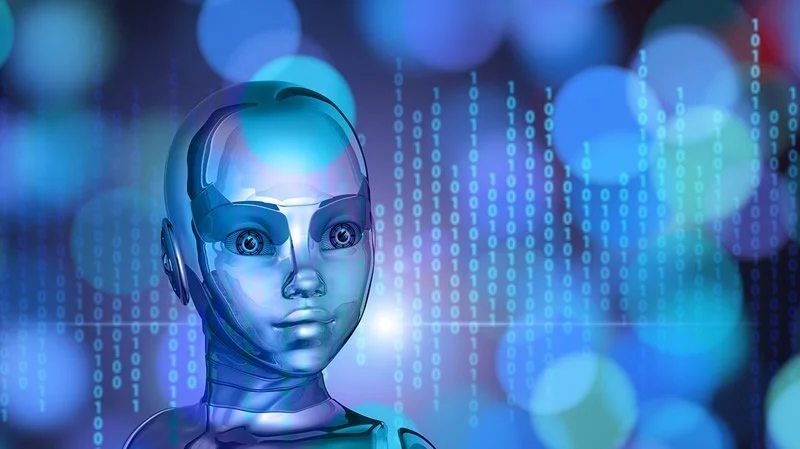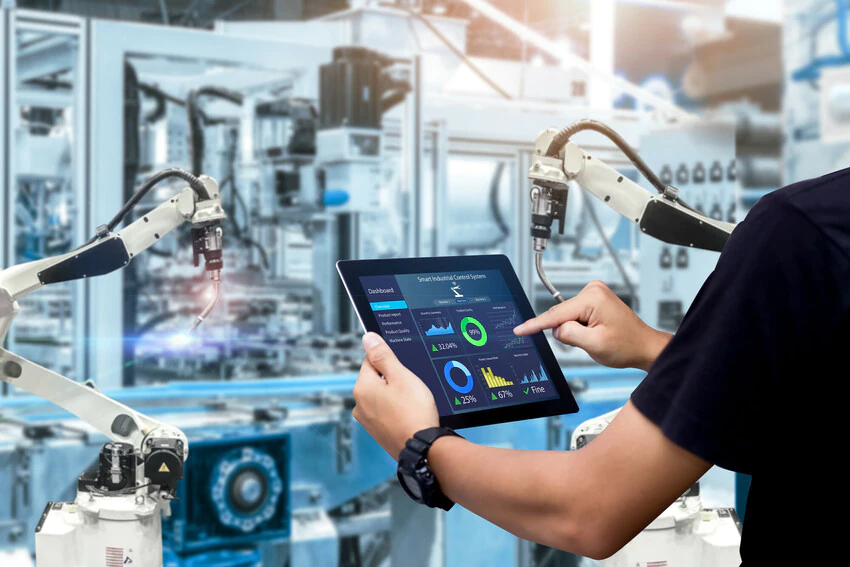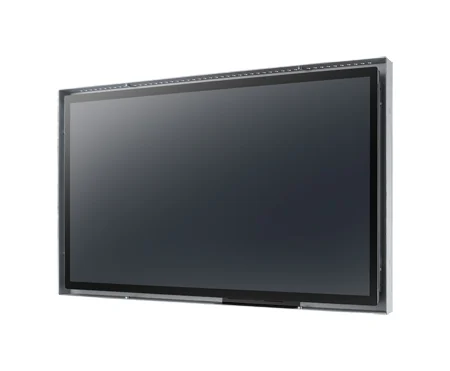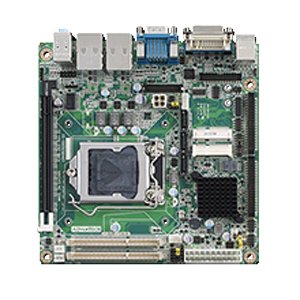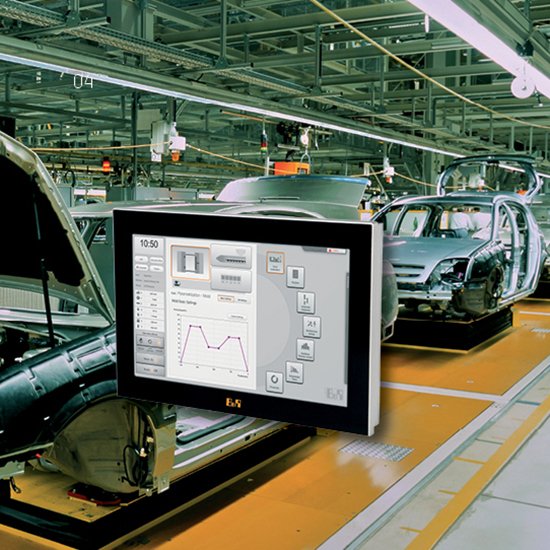What are Embedded Computer Systems?
Embedded computer systems are computer systems that are built into a larger device, usually for the purpose of controlling and monitoring the device, or providing additional features and functions. They are found in everyday objects such as cars, phones, appliances, and even toys. They are typically small, low-power, and designed to perform specific tasks. Examples of embedded computer systems include engine control and navigation systems in cars, electronic control units in home appliances and smart sensors in industrial machinery.
What are the Benefits of Embedded Computer Systems?
Embedded computer systems offer numerous benefits to device manufacturers. They provide precise and efficient control over the device, allowing for more accurate and reliable operation. They also can offer expanded features, such as Bluetooth connectivity, automated fault detection, and wireless data transmission. Additionally, embedded computer systems typically require less power than traditional computers, allowing for longer battery life in mobile devices. Finally, they are generally more affordable than traditional computers, making them an attractive solution for device manufacturers.
How Will Embedded Computer Systems Change the World?
Embedded computer systems are already revolutionizing the way we interact with technology. The increasing use of embedded systems will allow device manufacturers to create smarter, more efficient products that can respond to user input in real time. This will allow for more accurate and responsive control of devices, and better integration with other systems. Additionally, embedded systems will enable more intuitive and personalized user experiences. Finally, embedded computer systems will allow for more efficient use of resources and reduced energy consumption.
How to Use Embedded Computer Systems?
Using embedded computer systems requires knowledge of programming, hardware design, and software engineering. Depending on the specific application, a range of technologies may be used, such as microprocessors, sensors, and communication protocols. Additionally, developers must be familiar with the specific operating system and development environment for the embedded system. Once the system is designed, it must be tested and debugged to ensure that it is operating correctly. Finally, the system must be integrated into the larger device, and the appropriate user interfaces must be developed.
Trikuta Global Embedded Computer Systems Manufacturer in India
Trikuta Global is a leading embedded computer systems manufacturer in India. We specialize in the design and development of custom embedded solutions for a wide range of industries, including automotive, healthcare, industrial, and consumer electronics. Our team of experienced engineers and technicians can develop solutions tailored to your specific needs, and our production facility is equipped with the latest tools and technologies. Contact us today to know more about our embedded computer systems.
Conclusion
Embedded computer systems are revolutionizing the way we interact with technology, and they offer numerous benefits to device manufacturers. They provide precise and efficient control over the device, and they can offer expanded features. Additionally, embedded computer systems typically require less power than traditional computers, and they are generally more affordable. As their use increases, embedded computer systems will continue to change the world in a variety of ways, from more responsive and intuitive user experiences to improved efficiency and reduced energy consumption.

